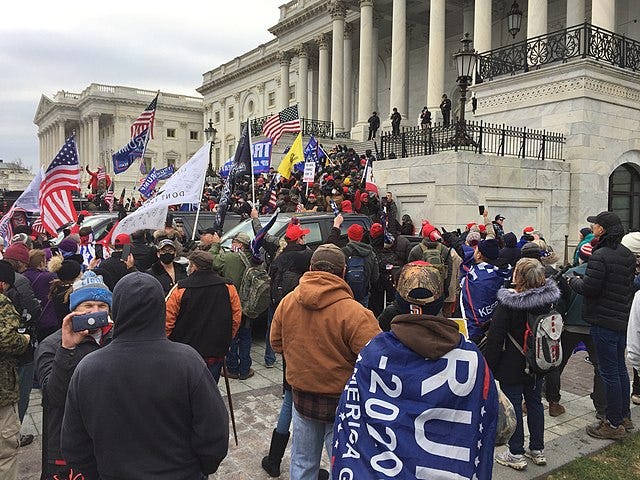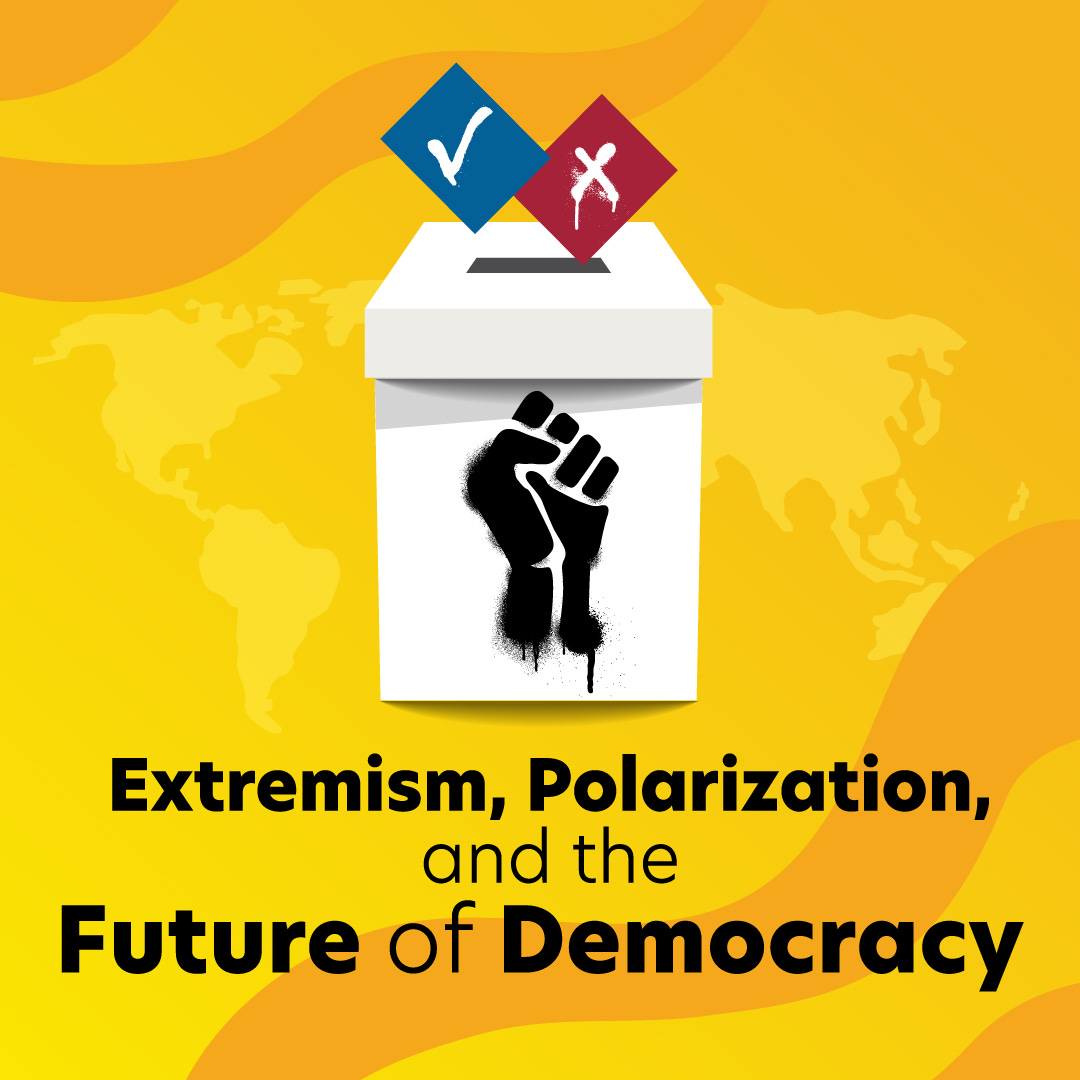I often tell people I have the best job(s) in the world.
By day, I’m a researcher and a teacher, getting lost in the big ideas.
By night, I’m a freelance journalist, filing freedom of information requests and looking for the stories that aren’t being told.
Without a doubt, the best part of my job is teaching.
When I was in the earlier stages of my graduate education, my inability to attract external research funding meant that I was reliant on teaching assistant jobs for a stable income.
Although I was initially jealous of peers and colleagues who secured generous grants - allowing them to focus solely on their research and publications - I quickly learned that my poor grant proposal writing skills at the time had a silver lining.
I really enjoyed teaching, and it was something that kept me moving forward despite all the trials and tribulations of graduate school.
Teaching quickly became the most rewarding work I was doing, and I started to pursue it with the same vigour that graduate students typically pour into their research projects.
For the past few years, I’ve been experimenting in course design, trying to find engaging ways to apply academic content to current affairs and develop new skills.
About a year ago, I taught a course about contemporary political theory and tailored it to address what I think is a defining issue of our time: the increasingly extreme and polarized nature of our politics and public discourse.
Photo credit: Wikimedia Commons (TapTheForwardAssist)
It was also an opportunity to do something different in the way I was assessing my students.
I had the students reading traditional academic literature, like books and journal articles, but I also offered timely documentaries and news stories that were symptomatic of the broad course themes.
I eventually wanted to create a course that resulted in a podcast mini-series, and figure out a way to directly involve the students in its creation.
So, the students did something pretty neat in the latter stages of the course: they submitted podcast questions for interviewees, who were the writers of books and articles they read or journalists and filmmakers of documentaries they watched.
Far from passive recipients of knowledge, students are often engaged in a process of mutual teaching and learning in the classroom. Allowing students to contribute to the project was a way to recognize them as co-creators of knowledge.
Further, being able to ask a good question is a powerful skill.
As a researcher, it’s often the entry point into a specific line of inquiry. Sometimes a simple question will animate a research project, or even an entire career of research.
As a journalist, a question is the product of curiosity and intuition, and usually the first step to unravelling something that’s important for the public to know.
This model of course design also responded to something that’s always frustrated me about academic life.
Many of the fruits of academic labour are relatively inaccessible.
Despite huge amounts of public resources getting funnelled into academic institutions, most of the publications flowing from research are either behind a steep paywall or presented in a way that’s inaccessible to a layperson.
I teamed up with a PhD candidate in my department, Kaitie Jourdeuil, who shares a similar passion for public philosophy and knowledge mobilization.
She helped me work through the strongest questions and find common themes, and then we wrote scripts and recorded introductions to frame each of the episodes.
Hosted by the Centre for Constitutional Studies, the podcast mini-series is titled Extremism, Polarization, and the Future of Democracy.
I’m happy to announce that the first substantive episode was released this morning (you can also listen to the short introduction that was released last week).
The episode features an interview with journalist and filmmaker Daniel Lombroso.
He’s the creator of the 2020 documentary White Noise: Inside the Racist Right. You can find the trailer for the film here.
A new episode will be released every Monday morning, so be sure to subscribe to get notifications.
There are seven episodes in total and you can look forward to some top-notch interviews with other academics, filmmakers, and journalists, including: Amaranth Amarasingam, Ronald Beiner, Deeyah Khan, Carissima Mathen, and Vivek Venkatesh.
If you’re trying to make sense of contemporary politics and worried about the state of our public discourse, I think you’ll find the mini-series illuminating.
And if you like what you hear, please share widely.
On a related note, I’m currently working on a few different in-depth stories, including a follow-up to the National Observer story you may have read last March.
That story caused quite a local stir, and it was something that took me completely by surprise.
The follow-up takes an intimate look at one of Sault Ste. Marie’s biggest taboos: the potential connections between industrial pollution and negative health outcomes.
Stay tuned.




